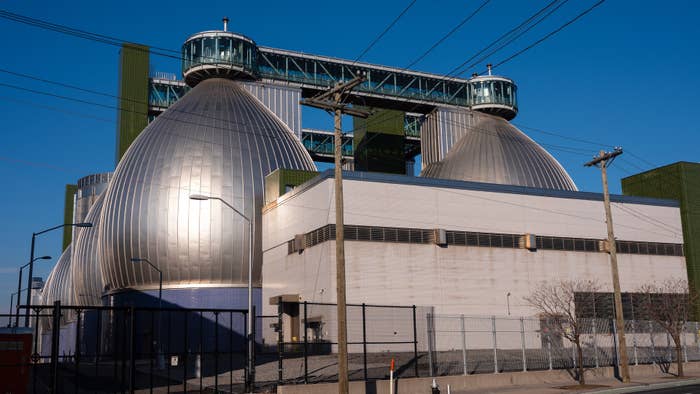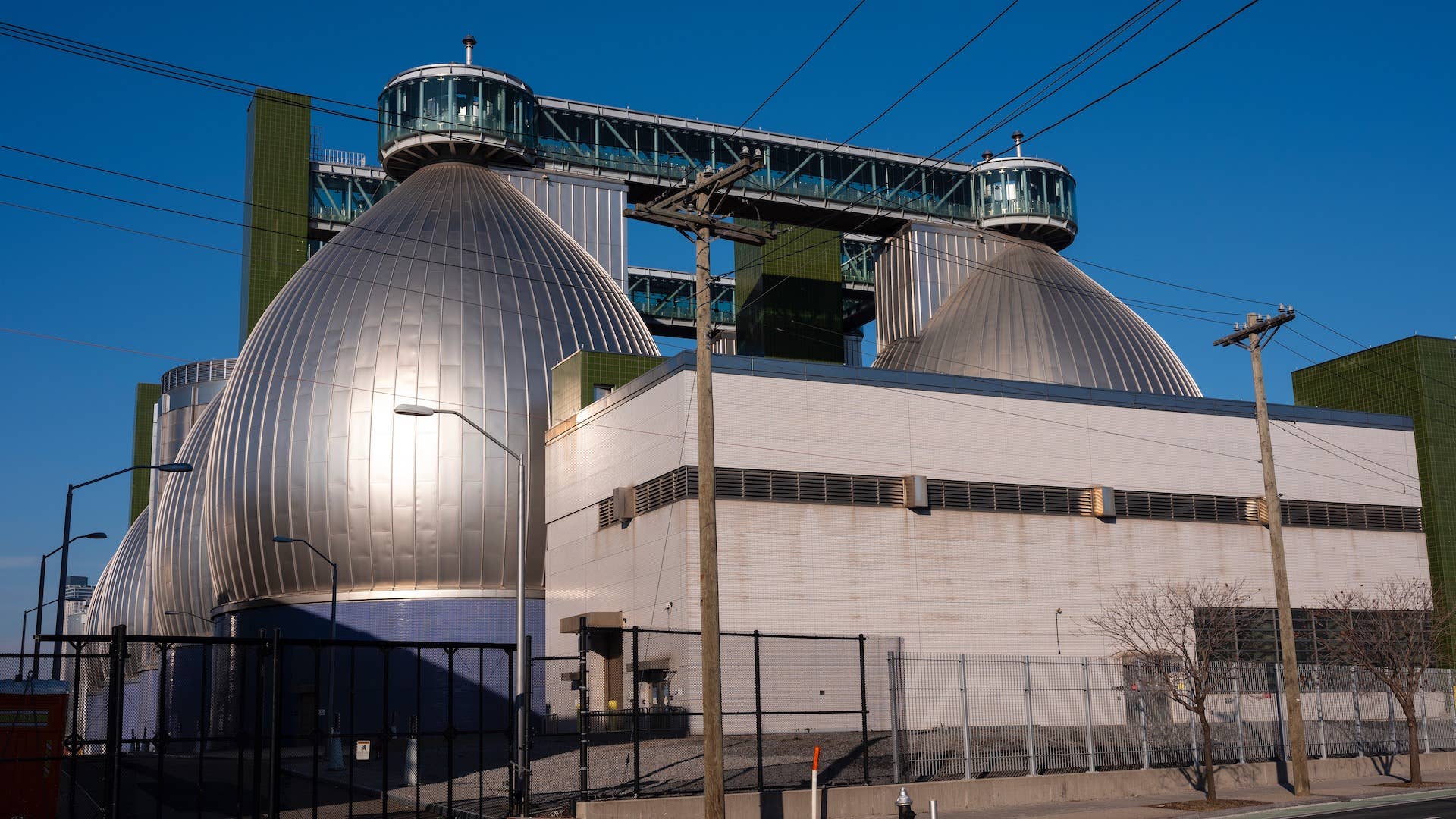
A team of microbiologists and virologists have found evidence of COVID-19 mutations in New York City’s sewage plants.
According to The City, researchers from CUNY’s Queens and Queensborough colleges, the New School, and the University of Missouri have spent the past year collecting and studying samples from the city’s wastewater treatment facilities. The team analyzed the sewage to monitor trends in coronavirus transmission and eventually found four COVID variants that appear to be antibody resistant. The origins of these never-before-seen mutations remain unclear; however, researchers have found evidence that rats and dogs were possibly being infected with the virus, which could result in further mutations.
The study, which has yet to be peer-reviewed, states that the majority of the mutations were discovered at three different wastewater facilities over the span of several months. According to The City, this suggests the “‘animal reservoir’ would have to be living in or near the sewershed; largely constrained to their geographic location; and in big enough numbers to sustain an epidemic for six months.” This has lead some researchers to believe that dogs and rats were the likely culprits.
NYC’s Department of Health and Mental Hygiene told the outlet they were trying to find the origins of the mutations, but emphasized that the study’s findings were preliminary and that there are no confirmed COVID infections among rats.
“There are various possible explanations for the mutations identified and we will discuss theories with scientific and government partners,” Patrick Gallahue, a Department of Health spokesperson wrote in a statement to The City. “One thing we do know from clinical testing and surveillance is that COVID-19 is circulating in NYC and the best way for New Yorkers to protect themselves and others is to get vaccinated.”

